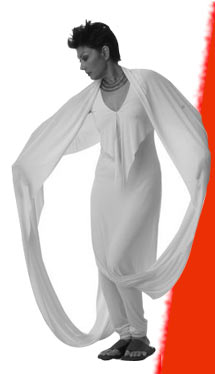How do you wake up a person who is pretending to be asleep?
This sentence really struck me at the TED conference in Oxford where I have spent the last week, listening to some extraordinary people with extraordinary thoughts.
Imagine a day made of 18 minute segments, stretching over four sessions of one and three quarter hours each, broken by “conversation breaks” with 700 people interested in new ideas. You either float or you go brain dead after a time. Or both.
Johan Rockstrom is looking at a new way of approaching the problem of sustainability. He and his colleagues have identified nine key earth processes and marked the boundaries beyond which we must not go if we are to survive. Climate change is obviously one of these, but there are also ocean acidification, loss of biodiversity and chemical pollution.
Emily Pilloton is a design revolutionary who started Project H to relook at basics of design for better, more humane living. “Can we call a $5000 bamboo chair sustainable” she asks. Project H works at design solutions for people to whom it will matter the most. The poor, the unemployed, the dispossessed. Amongst many other such innovations, she and her team designed the Hippo Water Roller, a rolling barrel with a handle that eases transporting heavy barrels of water. (Anil Gupta are you reading this column? I must put the two of you in touch).
Sugata Mitra talked of what he has been doing after his famous Hole In the Wall experiments, putting a computer in a hole in the wall in a Delhi slum and seeing how in a few hours kids had figured out how to do a variety of things with it. His work at the University of Newcastle looks at how to turn this discovery into new models of teaching.
Then there was Christien Meindertsma, artist and crafts researcher who decided, after seeing traces of pig bits in products as varied as cosmetics and cakes. Following a pig, named just 05049, she traced the 178 uses of the pig in a world where consumers, producers and distributors have completely lost sight of where and how products are made.
Ethan Zuckerman is the founder of the international blogging community Global Voices, sharing news and opinions from citizen media in 150 countries. The idea was born from his realization that there is very little media that is really reporting what is happening in far away places, that the space given to non local news continues to drastically fall, and that the real views could only be shared by people at the ground level. His reporters select local news that will appeal or is necessary to be shared with the world, and translate into English form over 20 languages.
David Bismark made my ears prick up. He is a voting system designer who has a simple and fool proof method of stopping electoral fraud – both the Bush kind, and what happens with our so-called tamper proof e voting system in India. It is a system where each voter is able to check after casting the vote whether her vote has gone to the candidate she has selected. (Now wouldn’t that upset the Indian apple cart?!) In this system each voter gets a take away slip that serves as a record of the vote and allows elections to be independently verified.
I could go on. And it has indeed been a great week to churn up new thoughts and, as the theme of this TED conference indicated, to look at the good news amidst all the clouds of our world.

